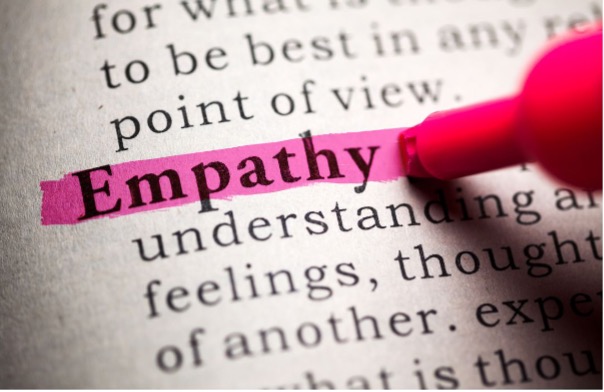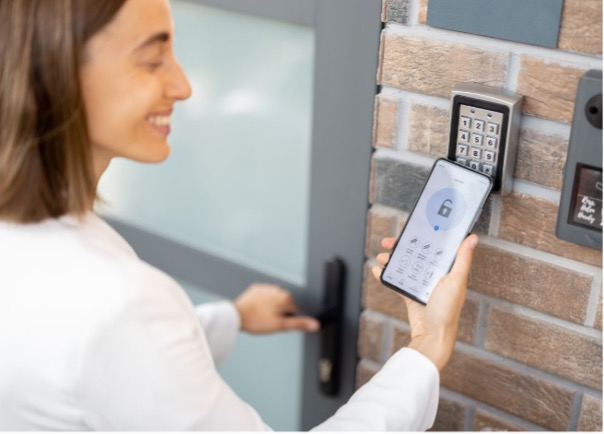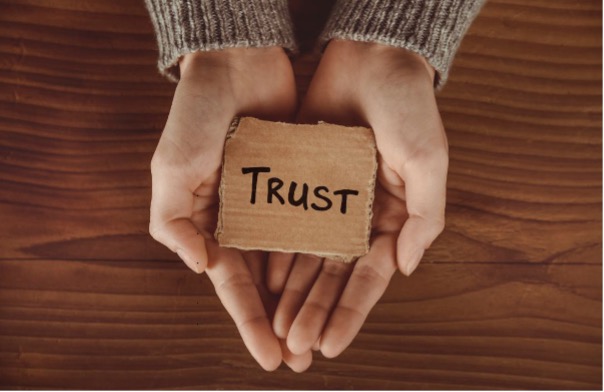In a world that is increasingly connected, trust has become an easily broken commodity. The notion of "safe spaces" has been undergoing a tectonic shift—from the physical to the digital landscape. From workplaces to homes and online forums, there is an erosion of confidence that these spaces are secure and supportive in the face of surveillance, data breaches, and social polarization. How might we rebuild trust and guarantee the sanctity of such spaces in the future?
This blog discusses the challenges, innovations, and social efforts necessary to redefine and protect our safe spaces, both tangible and intangible.
The Erosion of Trust
Safe spaces once symbolized refuge: environments free from harm, judgment, or intrusion. Today, however, several factors are eroding this trust:
- Increased Surveillance: The ubiquitous surveillance cameras, monitoring devices, and spyware have generated an atmosphere of suspicion. While intended for safety, these tools often make people feel watched rather than secure.
- Data Breaches: Continuous cyberattacks and the misuse of personal data by corporations have undermined confidence in digital safe spaces.
- Social Polarization: The political and ideological divide has made many public and private forums a battleground, far from a safe space for frank dialogue.
What Makes a Space Truly Safe?
Rebuilding trust starts with understanding what lies at the heart of any safe space:
- Transparency: People need to know how their information is used and whether their interactions are being monitored or not.
- Accountability: The breach of trust by either an institution or an individual must be taken into account.
- Empathy: A safe space must foster respect, understanding, and inclusivity.
- Security: Safety must be assured in both the physical and digital environment regarding threats and vulnerabilities.
By aligning these principles in the context of modern challenges, we will be in a position to redefine what it means to feel safe.

Innovations Paving the Way
Technology is truly a double-edged sword, but it also brings solutions to help restore trust in safe spaces. Here are some promising innovations:
- Privacy-First Technology: Devices and applications that keep end-to-end encryption, with minimal data collection, will set new standards for digital safety. Messaging apps like Signal and privacy-focused browsers such as Brave are setting an example.
- Community-Led Platforms: Decentralized platforms provide users with full moderation and governance powers regarding their virtual spaces, removing the heavy hand of central authorities.
- Physical Safety Enhancements: Innovations such as smart locks, AI-driven security systems, and noise-cancellation zones can make homes and workplaces more secure and peaceful.
- AI Ethics Tools: Algorithms are being developed to detect and minimize biases, ensuring that online interactions remain fair and inclusive.

Rebuilding Trust in Digital Spaces
The digital world is where trust is most frequently challenged. In order to rebuild this, there is a need for conscious efforts from the stakeholders in the following aspects:
- Stronger Regulations: Governments should enact and enforce robust privacy laws that protect users from exploitation and breaches.
- Transparent Algorithms: Platforms should be transparent in the way algorithms work and ensure fairness and safety.
- Empower the User: Features such as personalized privacy settings, content filters, and report mechanisms give the power back to the users.
- Education Programs: Digital literacy training may equip individuals with an understanding of the risks and informed choices in their use of online applications.

Fostering Safe Spaces in Communities
Rebuilding trust is not only a technological challenge but also a social one. Communities can help in creating an ecology of safety where people feel safe:
- Inclusive Policies: Workplaces and public institutions should have policies that make them inclusive, equitable, and diverse.
- Conflict Resolution Mechanisms: Structured conflict resolution mechanisms can prevent the escalation of tensions.
- Support Networks: Community groups, online forums, and local initiatives can provide safe havens for marginalized voices.
- Public Awareness Campaigns: Emphasizing respect, empathy, and mutual responsibility helps in building up trust.

The Role of Leadership
Leaders from all sectors have to set an example for rebuilding trust:
- Corporate Leaders: Businesses should emphasize ethical practices, transparency, and consumer rights to regain public confidence.
- Government Officials: The policymakers need to speak about, and promote, protections from surveillance and exploitation.
- Community Leaders: Grassroots leaders can organize the under-represented and be strong voices in their self-determination.
Leadership characterized by integrity can establish credibility and demonstrate the bar to which one rises.
Looking Ahead: A Vision for the Future
The future of trust is a relational capability that depends on our ability to adapt and evolve. We will be able to harness the right combination of technological innovation, social responsibility, and ethical leadership to:
- Design Resilient Systems: Ensure that safe spaces—physical and digital—are resistant to emerging threats.
- Foster Collaboration: Inspire partnerships among governments, businesses, and the community at large to address trust holistically.
- Empower the Next Generation: Give young people the tools and knowledge to navigate and improve the landscapes they inherit.
A future where safe spaces are genuinely safe is not an unattainable ideal—it's a shared responsibility.
Conclusion: Trust as a Cornerstone
It is in safe spaces—both physical and digital—that human interaction and development take place. Yet, the erosion of trust within these spaces simultaneously poses a challenge and affords an opportunity to rebuild an even stronger, more inclusive environment.
By breaking down myths, embracing technology, building community, and promoting ethical leadership, we can redefine trust for the modern age. The path forward requires collective effort, but the reward—a world where people feel genuinely safe—is well worth it.
